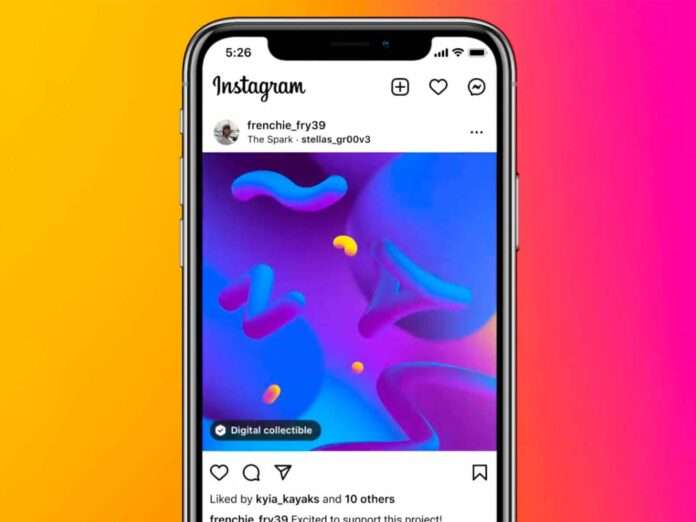Facebook owner Meta has rolled out non-fungible tokens (NFT) in 100 countries as the social media giant seeks to join the digital collectible frenzy.
Meta on Thursday announced that it is expanding NFT features to Africa, Middle East, Asia-Pacific and the Americas following a successful test in May.
This comes after Meta integrated with Coinbase Wallet and Dapper besides Trust Wallet, MetaMask and Rainbow. The platform has also added support for Flow Blockchain on top of Polygon and Ethereum.
Meta has said that the new feature will give users artistic connections on the platform and grow earnings for content creators.
It was not immediately clear whether the rollout would include Kenya, which ranks top on the continent in digital technologies adoption.
The new feature will allow Instagram users to create and sell non-fungible tokens as Meta tries to cash on the hype-fuelled $40 billion digital collectible market.
The new functionality will allow Instagram users to connect their accounts to digital wallets, share NFTs and tag collectors and creators.
Users will be able to share the NFTs in their feeds, stories or through private messages.
This latest development follows the announcement on Tuesday that Instagram chief Adam Mosseri is relocating to the United Kingdon capital London from San Francisco, United States temporarily.
The move is planned to make London the nerve centre of Instagram’s operations in the coming months as the company gears gears to open a fresh battlefront with Chinese rival Tik Tok over younger users.
The UK hub has over 4,000 employees and is the biggest outside the US base.
The expansion also comes a few weeks after the company announced that it is also testing NFTs on Facebook to allow cross-posting on its platforms as it attempts to gain a foothold in the digital collectible market.
According to a United Nations report, Kenya has the largest share of its population with cryptocurrencies in Africa. The report says that 8.5 percent of the population or 4.25 million people own cryptocurrencies in the country.
Crypto-assets such as bitcoin picked up during the pandemic alongside nonfungible tokens (NFTs), driven by the perception of safer assets and social media frenzy.




